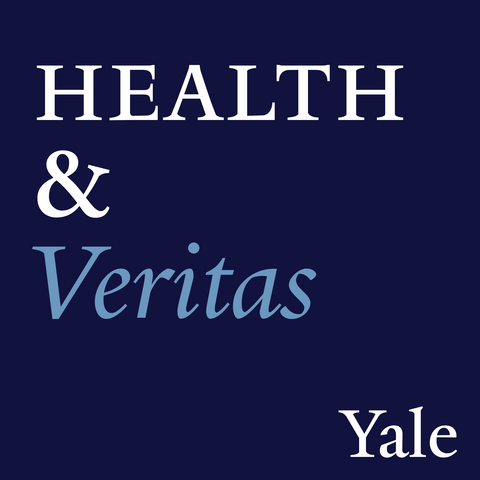Healthcare
Do the New Obesity Drugs Pay for Themselves?
Could expensive drugs like Ozempic save healthcare systems money by reducing the risk of obesity-associated diseases? A new study co-authored by Yale SOM’s Jason Abaluck suggests that other health expenses may actually increase over the first couple years of treatment.

Supporting Patients and Families
Jessica Nymeyer ’16 describes working on the palliative care team at the Montefiore Medical Center in the Bronx.
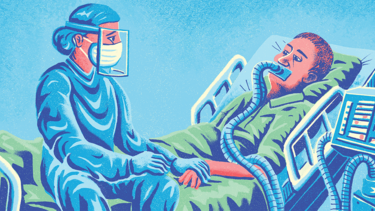
Frontline Healthcare Providers Need Proactive Mental Health Care
The devastating mental health consequences of working on the front lines of the COVID-19 pandemic are already becoming apparent. Yale SOM’s Julia DiBenigno and Harvard’s Michaela Kerrissey propose assigning dedicated mental health personnel to frontline medical units.
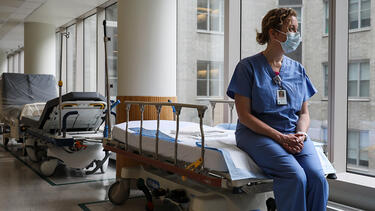
Study Examines Spread of COVID-19 among Rohingya Refugees in Bangladesh
Yale SOM’s Mushfiq Mobarak and his co-authors investigated the prevalence of the disease in the crowded refugee camps and offered recommendations to slow its spread.

A New York City Doctor’s Perspective
Dr. Charles Powell ’19 offers a firsthand account of responding to the COVID-19 pandemic at Mount Sinai Hospital in Manhattan.
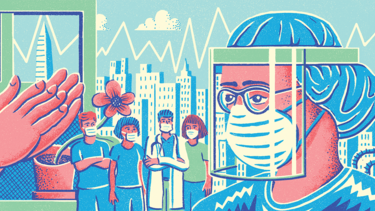
Is It Time to Reopen?
Around the United States, states are easing the restrictions imposed to slow the spread of COVID-19. We asked Yale SOM’s Dr. Howard Forman if these moves are premature and what is needed for Americans to return to school and work safely.

Will COVID-19 Force Us to Rethink Our Healthcare System?
Since health insurance is tied to employment in the United States, Americans are losing their insurance just as they need it most. We asked economist Fiona Scott Morton, an expert on the healthcare industry, what a better system would look like.
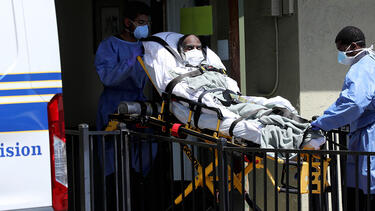
Faculty Viewpoints: The Economic Policy Response
In an online conversation, Yale faculty members discussed the steps already taken to prevent the COVID-19 crisis from turning into economic catastrophe, and the need for more effective healthcare policies.
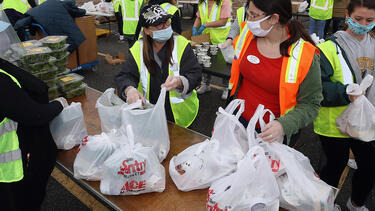
Faculty Viewpoints: The Public Health Response
In an online discussion, Yale faculty members discussed what’s missing from the public health response to COVID-19 and offered visions of the post-pandemic world.
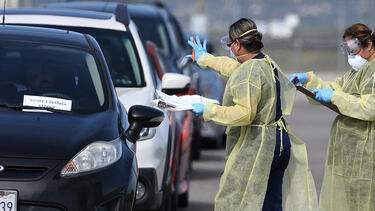
Time to Put on a Mask
A team of Yale researchers says we should all be wearing cloth masks, but give the surgical masks to healthcare workers.
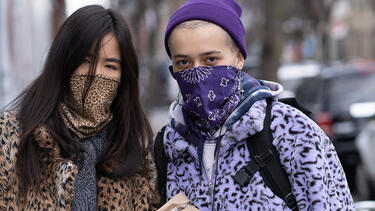
When Corporate Acquisitions Affect Healthcare
Companies often purchase competitors, not to acquire their ideas and products, but to shut them down. A recent report raised questions about whether such an acquisition may be partially responsible for a shortage of ventilators in the United States.

